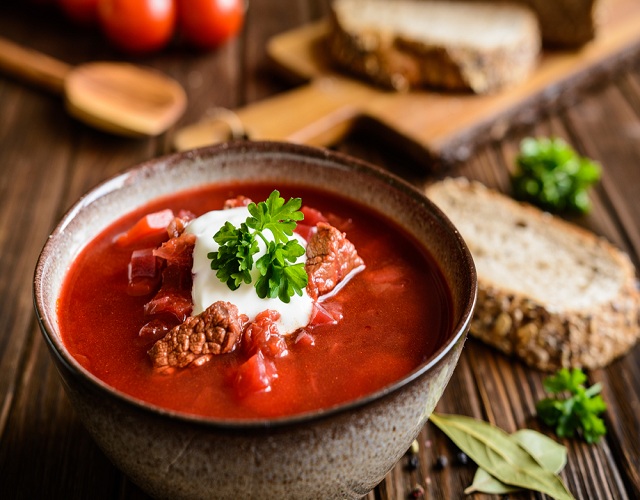
In an attempt to distract myself from the thought that today my small university town will be overrun by 900 frat boys who went to Northern Italy on a skiing vacation despite the Dutch government’s warning, let’s discuss something that might have gone under the radar – future changes to the Russian Constitution.
Amid a global pandemic what could be better than voting in a Referendum? Only voting for a President, amirite? But let’s start from the beginning. Mid-January Russian President Vladimir Putin suddenly announced that the Russian Constitution might need some freshening up. Needless to say, the announcement came as unexpected as Putin’s previous hints that he will leave his post after his current term.
Not so fast though! While Putin did propose to limit each person’s ability to only serve 2 terms as president, period (it used to be 2 terms “in a row” which gave Putin an opportunity to come back after Medvedev), he also wants to dramatically expand the powers of State Council. The latter one is supposed to “ensure the coordinated functioning and interaction of state authorities, determine the main directions of the domestic and foreign policy of the Russian Federation and the priority areas of the socio-economic development of the state”. In effect, the Council will take over part of the presidential functions, making the future President weaker and the future head of the Council stronger, whomever it may be (wink-wink).
One of the sneakier amendments involves the primacy of the international law over Russian domestic law. The problem is, you can’t change article 15 that installs the primacy of the international law without re-writing the whole constitution. So, Russian authorities will just be allowed simply not to implement individual decisions of international bodies. For this, it will be enough for the judges of the Constitutional Court to rule that the decision represents an unconstitutional interpretation of international treaties. Voila!
How can you make sure that the judges see how “wrong” the international decisions were? You stack the courts! Here is how: The Council of Federation (Russian “Senate”) will be given the right to remove from office the judges of the Constitutional and Supreme Courts. The president of Russia will initiate such resignations for “misconduct discrediting honor and dignity”. There are more specific changes to the “vertical of power” and Ben Noble did a great thread on them.
“What’s in there for me?” asks a regular Russian citizen. That’s what: a constitutional mandatory indexation of pensions and minimum wage, equivalent to the cost of living [currently, it’s not, by far]. Some populist sprinkle and that’s how you can ensure that people show up on April 22d (Lenin’s birthday, no less!).
Commenting on long list of constitutional amendments, the head of the electoral commission Ella Panfilova said that “Well, you don’t like vinegret [Russian beet root based salad], but you like borscht or meatballs. You then decide for yourself: no, I’ll reject the whole dinner because I don’t like the salad or I’ll take it – I won’t eat the salad either way, but the borsch and meatballs will be mine “. In other words, if you want to eat at all, go vote, for meatballs’ sake.
Some changes are sort of understandable [from an authoritarian ruler point of view], like the creation of the State Council that will make sure that Putin can keep a watchful eye on the country. Others are phrased in an inexplicably bizarre way in an attempt to pander to the more nationalist base. Take this one, for example:
The Russian Federation, united by a thousand-year history, preserving the memory of the ancestors who transmitted to us ideals and faith in God, as well as the continuity of the development of the Russian state, recognises the historically established state unity.
What the borscht?! This clumsy sentence (it’s even clumsier in Russian) has prompted a surreal exchange between Russian journalists and Putin’s press secretary Peskov, where bewildered press asked him what ancestors, ideals and what God Putin had in mind and whether atheists have a place in the new Russian state. The “state unity” passage is understandable – it makes, let’s say, calls to return Crimea to Ukraine unconstitutional on top of criminal (article 280.1 of the Penal Code). But God? Ancestors? Ideals? History?! Can I still cook a vinegret without cabbage or is that unconstitutional as well?!
The amendments are still supposed to pass through several rounds of “readings” in the Duma, but I already don’t like how they smell.
Elizaveta Gaufman is Assistant Professor of Russian Discourse and Politics at the University of Groningen, the Netherlands. She is the author of "Everyday Foreign Policy: Performing and Consuming the Russian Nation after Crimea" (2023) and "The Trump Carnival: Populism, Transgression and the Far Right" (2024).


0 Comments